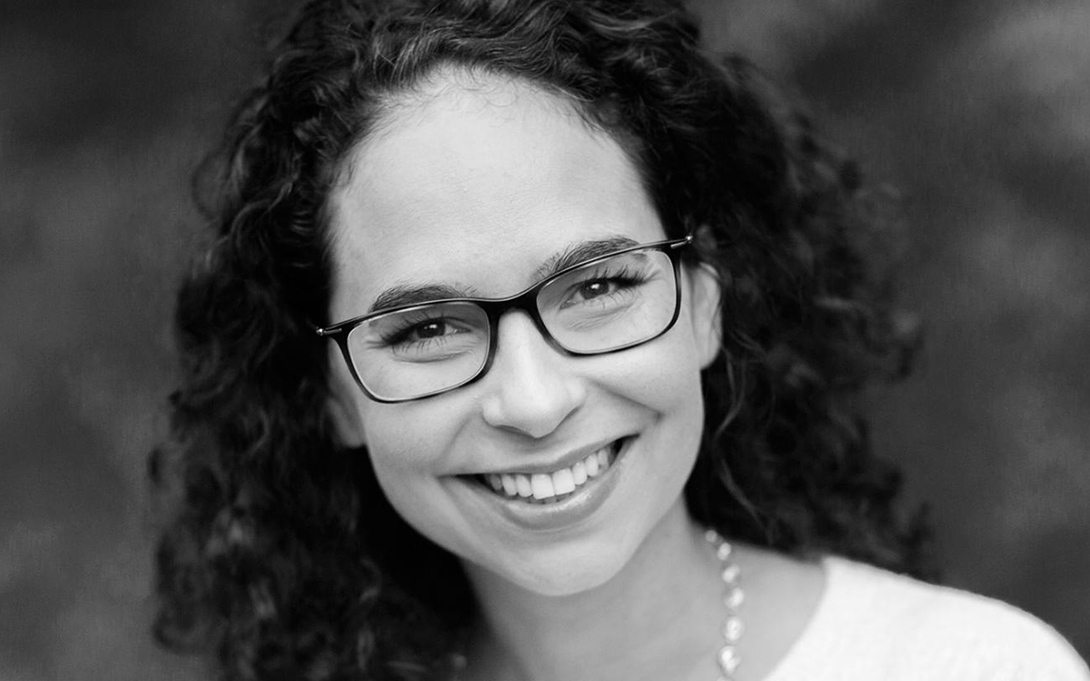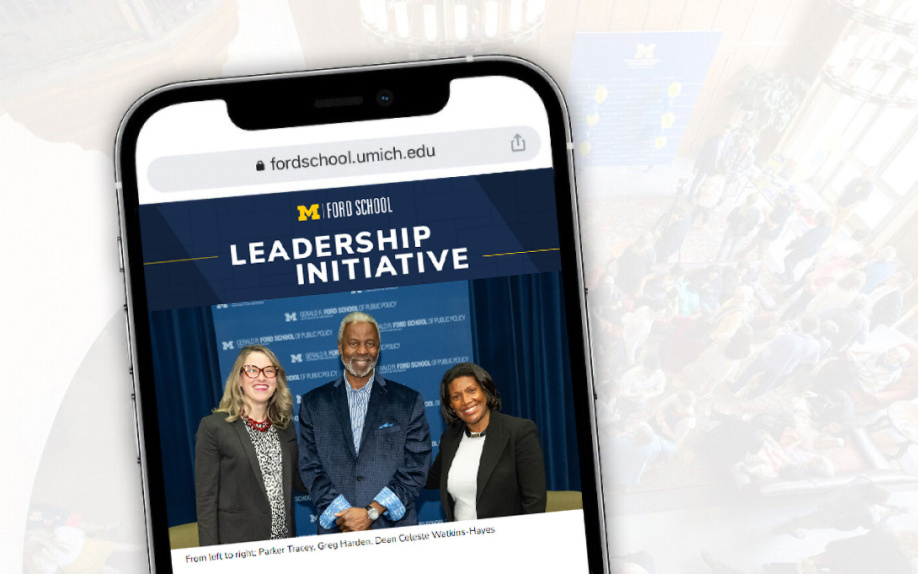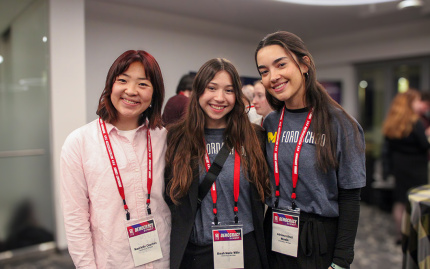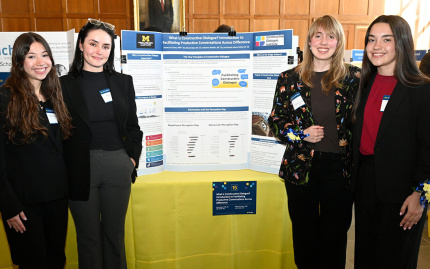The Ford School's Leadership Initiative develops and offers a growing suite of graduate and undergraduate student leadership courses, coaching, and extracurricular programs that build on and complement the school's excellent, rigorous curriculum. Led by Professor Morela Hernandez and a team of leadership and career development professionals, our program is the only of its kind among policy schools.
We know that leadership doesn't "just happen." All of us have the capacity to lead—to make a positive impact on our organizations, communities, and the people around us. We believe that leadership is a behavioral process, and that learning it is a critical part of the preparation we offer to policy professionals.
We help our students focus on self-awareness, mindfulness, observation, resilience, understanding difference, and navigating conflict to cultivate skills to lead projects and people. We help them be intentional about their own growth and development. Read our mission statement.
What we offer to Ford School students






